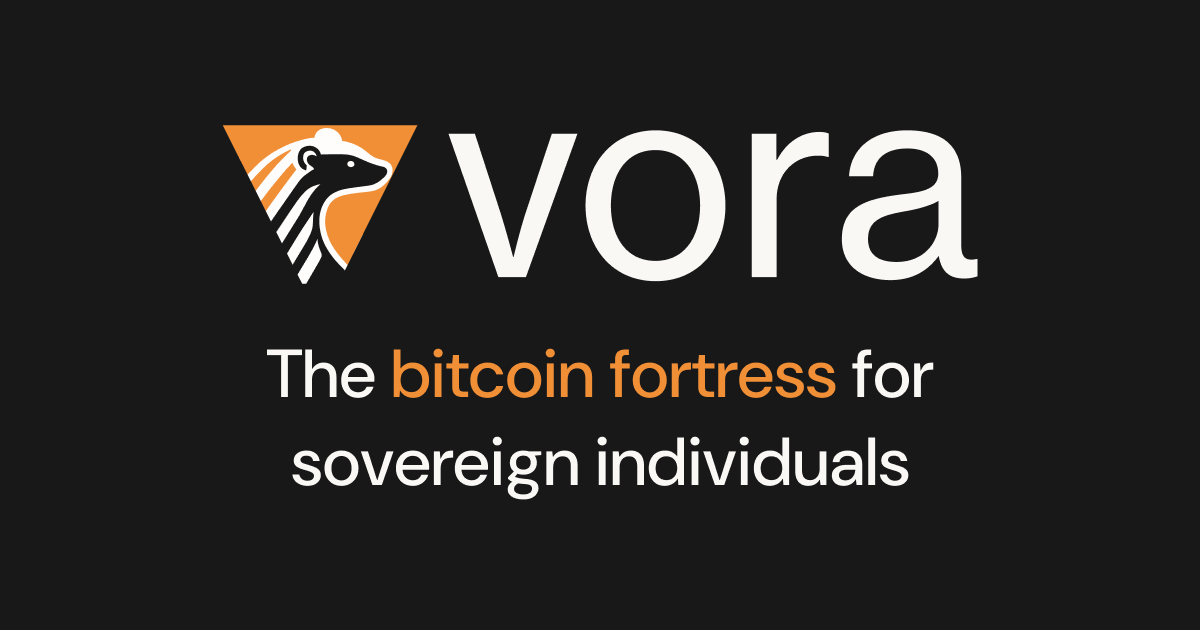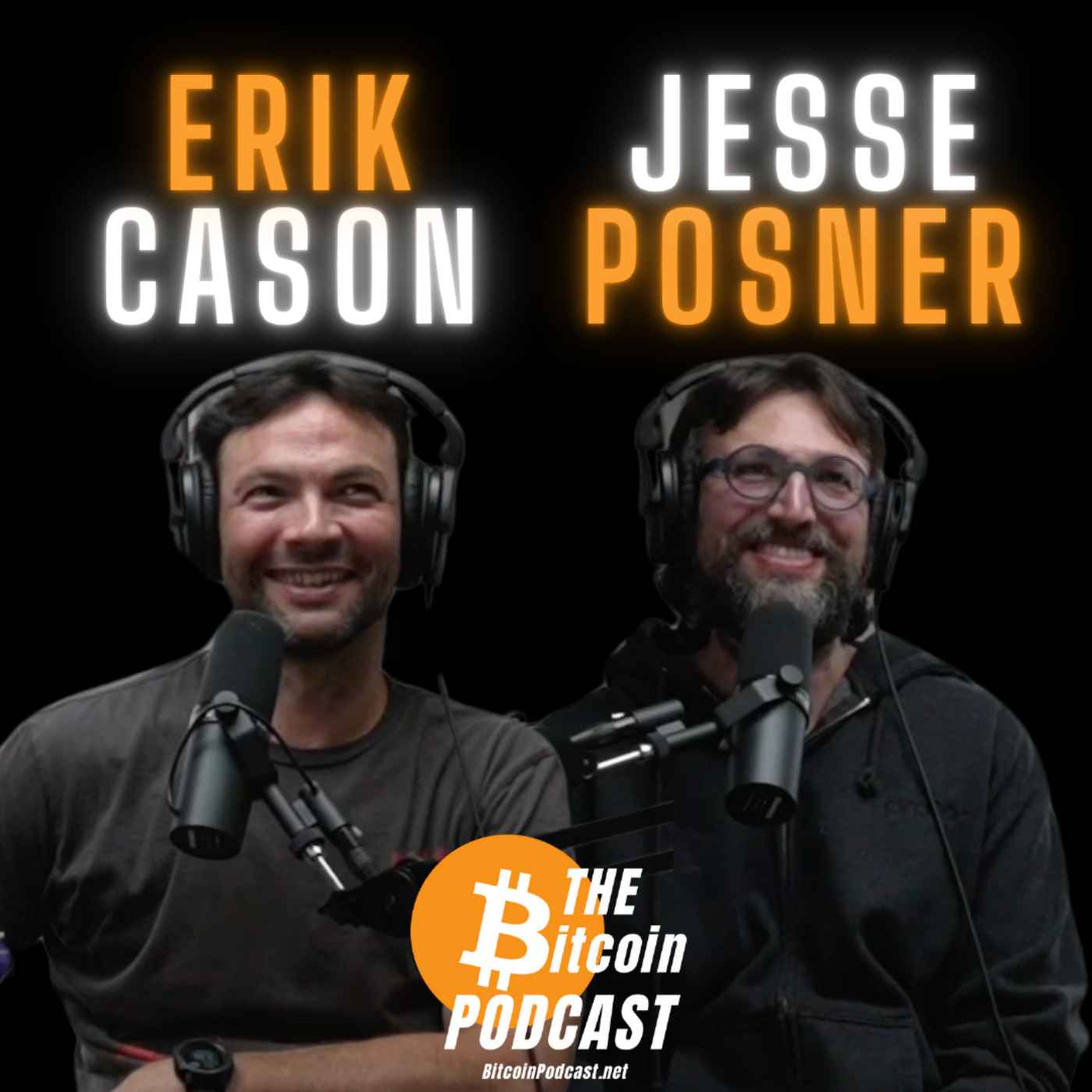Bitcoin indeed possesses true scarcity, the problem is that due to the nature of Bitcoin itself as being intrinsically worthless, the fact of its scarcity alone cannot be relied on to drive its price indefinitely. At a certain price point, people will simply refuse to buy.
For example, consider the tiny city-state of Monaco, which is less than 1 square mile in size and yet which is, per capita, one of the wealthiest places in the world. As one would expect, real estate prices in Monaco are through the roof, as land is obviously extremely limited. But does that mean that real estate values in Monaco will ultimately increase exponentially to some stratospheric price point? No - because at some point, rather than pay increasingly exorbitant and unaffordable prices, people will simply opt out entirely and buy real estate somewhere else. This is because ultimately, no one has to live in Monaco. Similarly, no one has to buy and use Bitcoin, so there is a price ceiling (the value of which is unknown) at which people will refuse to participate and will seek alternative options.
Bitcoin is ultimately a fungible collectible token, a multiplayer game in which people collect Bitcoins and trade them amongst other players. The real-world economy exists entirely outside of the Bitcoin game, and thus the higher the price of Bitcoin gets, the less incentive new players have to enter the game. As for another analogy, imagine if the price of beef skyrocketed to $100 a pound. Great if you own a herd of cattle, right? Millions of people will be forced to pay you hundreds of dollars for their hamburgers. You'll become fabulously wealthy. Well, no - it's not that simple. In reality, 95% of people would simply start eating a lot more pork, chicken and fish. There is not sufficient demand for $100/lb. beef to maintain such a price point, and as demand inevitably collapsed in the face of such prices, supply would increase massively, driving the price back down to an equilibrium level.
Now, if these natural supply and demand forces are at play for inelastic goods with intrinsic value like land and food, imagine how much more they apply for a completely elastic good with zero intrinsic value such as Bitcoin. No one needs Bitcoin for anything, so if the price gets too high, demand for it will completely evaporate, severely constraining its upside.

 vora.io
vora.io

 fountain.fm
fountain.fm


